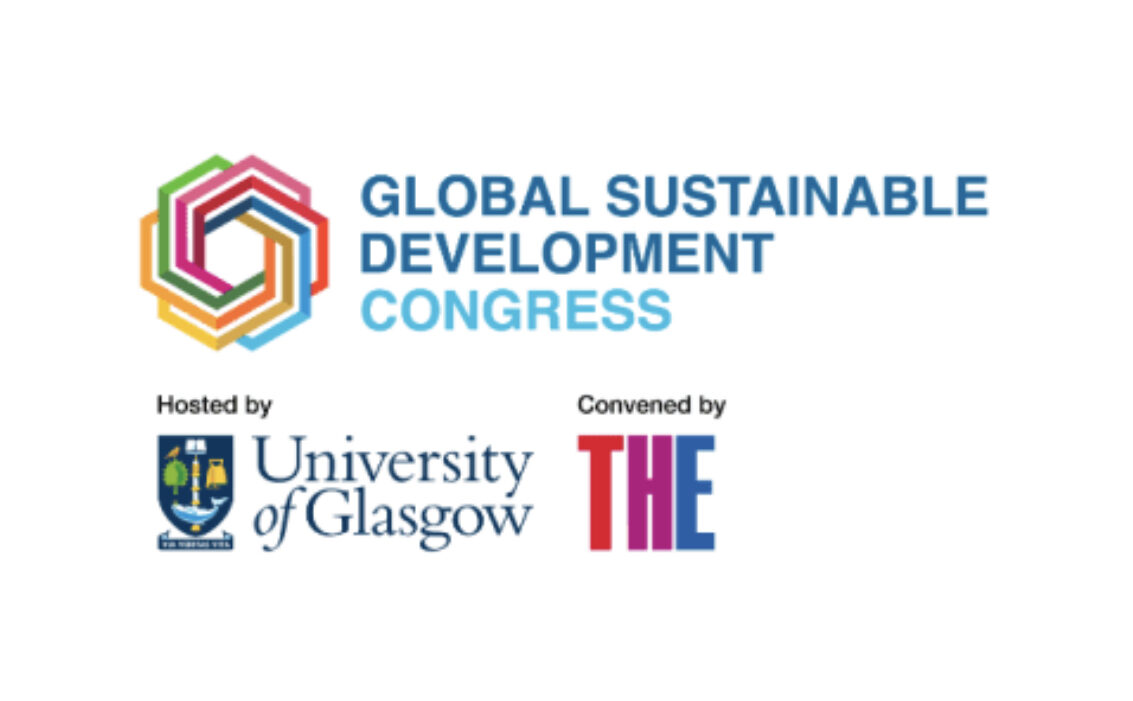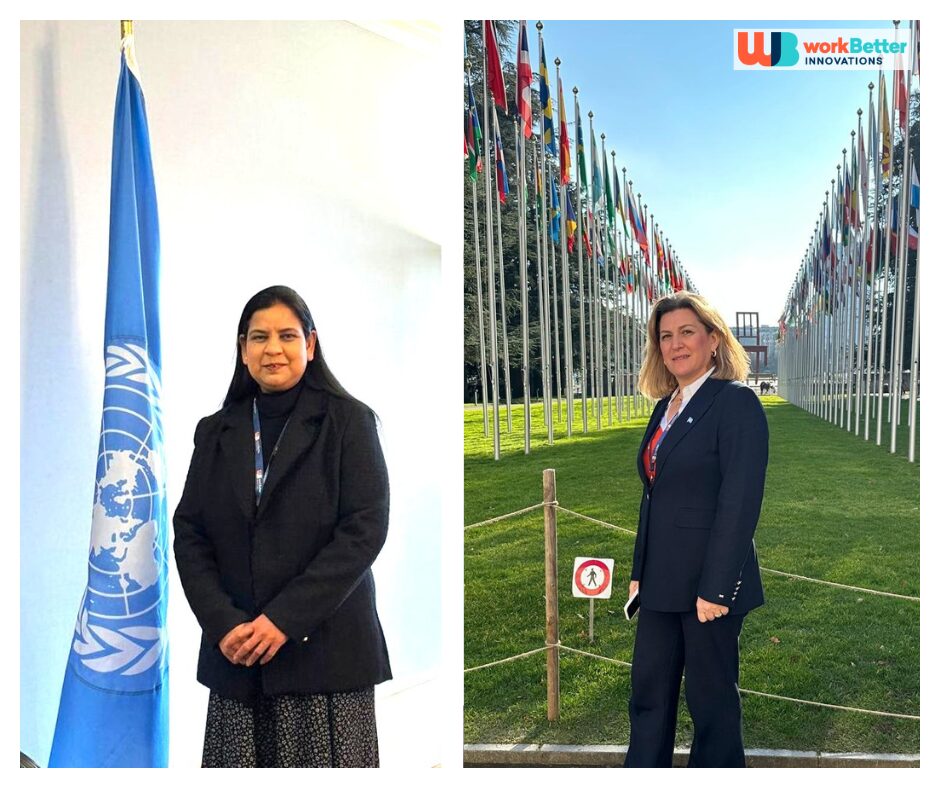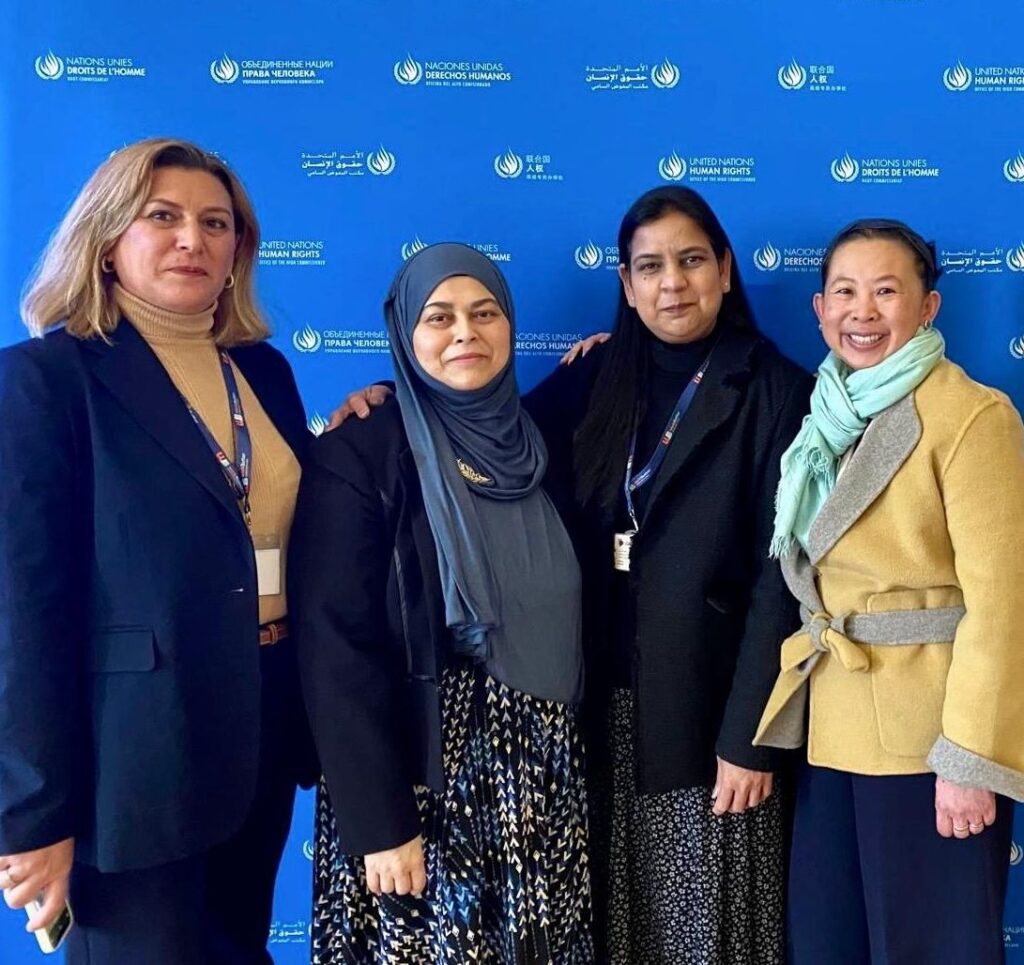Between 31 October and 2 November 2022, the University of Glasgow will host Times Higher Education’s inaugural GSDC, the Global Sustainable Development Congress, where our Executive Director, Dr Bonny Ling, will deliver a special talk alongside a global panel of speakers.
‘How can migration drive development of more sustainable and equitable societies?’ asks the title of the panel talk to be presented by Dr Ling alongside Alison Phipps, the UNESCO chair in refugee integration through languages and the arts at the University of Glasgow. The talk will focus on the ways, in which migration can be a driving force behind innovation through the circulation of ideas, people, and goods and services. The fluidity reflected in the free -flow of labour and intellectual forces represents an important symbol for the social transformation needed in the run towards a better, more sustainable future.
Furthermore, in a geo-political climate ridden by environmental damage, war conflict, and subsequent economic crises, forced migration levels have shot up to a level not seen since the Second World War. The talk will acknowledge and address this issue, making suggestions on how businesses aided by a timely government response can successfully bypass this challenge to a mutually beneficial migrant system.
Dr Ling and Alison Phipps’ talk sits next to a thought-provoking programme of interactive masterclasses on important topics in healthcare, education, and sustainable cities in relation to the UN’s Sustainable Development Goals. The GSDC’s stated aim is to support practical ideas in order to meet the 17 Sustainable Development Goals outlined by the United Nations.

Phil Baty, Chief Knowledge Officer at Times Higher Education, said:
“Universities are fundamental to delivering solutions to the world’s biggest challenges. From inequality to future pandemics, to climate change and our environment, they will lead the way on delivering the United Nations Sustainable Development Goals. This is what the Global Sustainable Development Congress is all about: harnessing the vast potential of universities and bringing them together with partners to drive real change.”
Through their Impact Ranking series, Times Higher Education points toward the responsibility borne by universities in being levers of change in society. The rankings demonstrate the difference a university is making in the world by working towards the United Nations’ Sustainable Development Goals. University of Glasgow, the host of the inaugural edition of the GSDC, has commendably demonstrated its commitment to a holistic model of sustainability through its World Leading Research, its Civic Role and Engagement, its Learning and Teaching activity and its University Operations.
As global leaders instructing the businessmen, scientists, politicians and teachers of tomorrow, Universities must lead by example. As businesses, subsidised by government funding, they have the financial means to be a testing lab for new ideas on sustainability, which can subsequently be adopted into a worldwide business practice. The upcoming Global Sustainable Development Congress, by bringing academics in conversation with policy-makers, social and financial representatives , is set to show exactly how.






